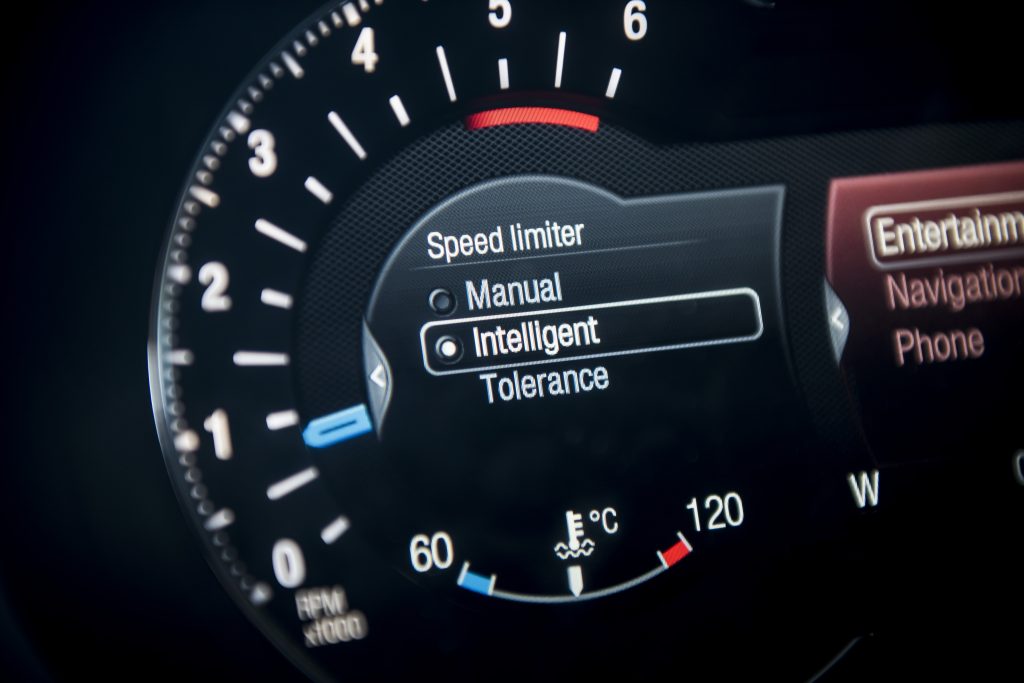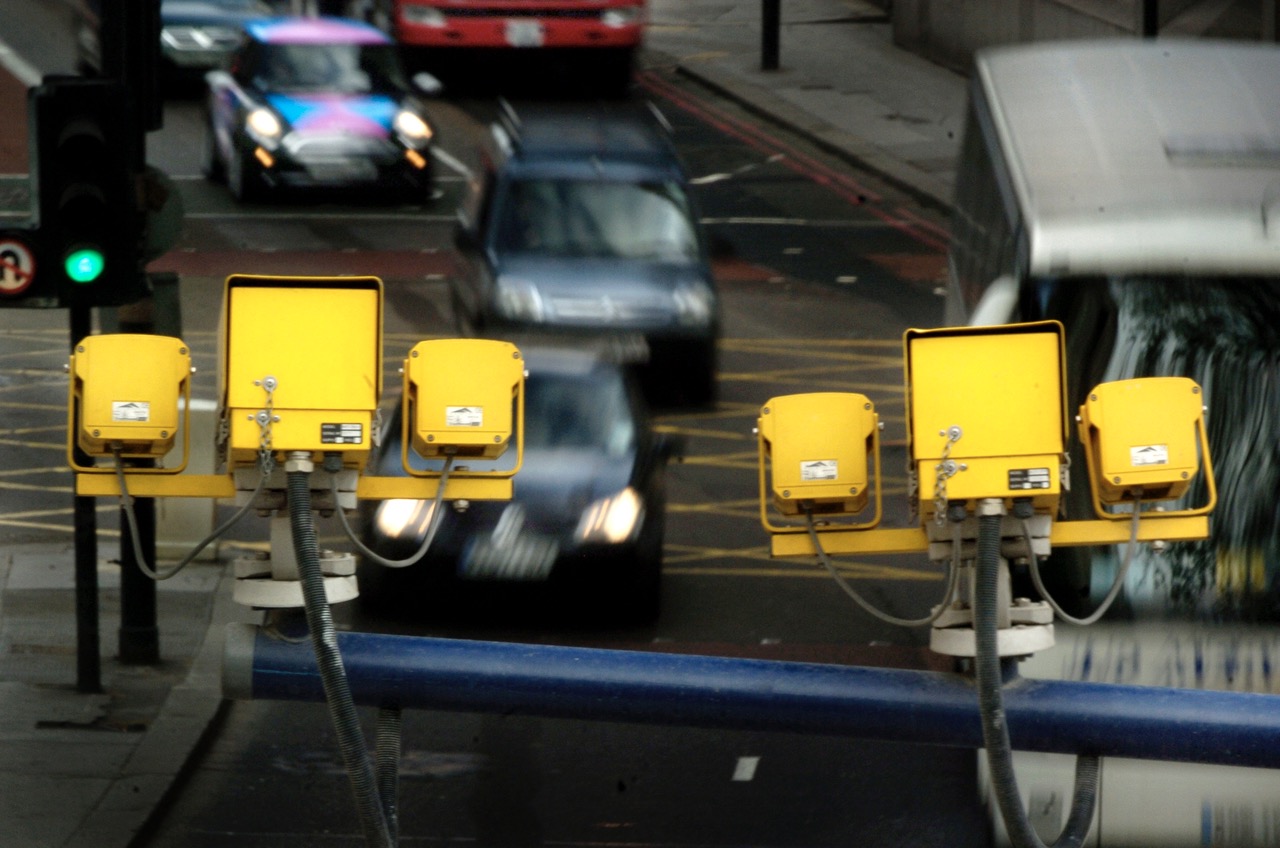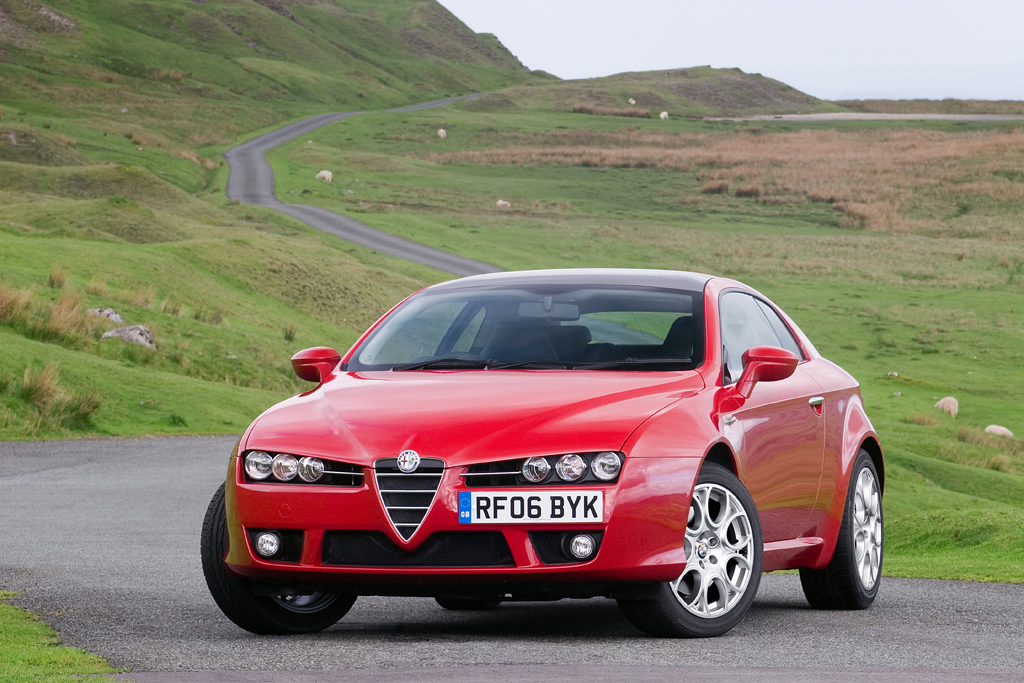Long-mooted Intelligent Speed Assist (ISA) devices are now little more than a week away for European drivers, with their fitment becoming a legal requirement from 7 July 2024.
If you think that means UK motorists will get away without in this post-Brexit world, then think again. The country may now be forging a slightly wobbly path on its own, but with most of our cars still heavily influenced by European regulations, whether imports or exports, the speed limit law will still apply in the UK, too.

In effect, the ISA will use a mixture of GPS data and traffic sign recognition cameras, technology already fitted to the vast majority of new vehicles, to determine what the speed limit is down a given road, and then apply varying levels of electronic intervention to encourage a driver to stick to that speed limit.
That doesn’t necessarily mean a hard limiter, and the technology can still be overridden by pressing down harder on the accelerator – a vital safety feature in some driving conditions, so the ISA tech won’t outright prevent people from going above the limit if they need (or want) to.
But it does mean all cars will deliver some kind of warning and electronic intervention, from audible and visual warnings – think repetitive bing-bong noises, and flashing speed limit warnings and signs in the instrument cluster – through physical cues like the accelerator pedal subtly pushing back on your foot, to a soft limiter a little like those already used in combined cruise control and speed limiter systems, which will relax engine power as you approach the local limit.

Several manufacturers already implement such systems, so it’s certainly not a new phenomenon, while the likes of Volvo and Renault already limit their top speeds to 112mph – well above all European speed limits, obviously, but lower than the cars are often capable of, and far below the 155mph that has defined most German cars for so long.
As well as being able to override the limiter while you’re driving, drivers will still have the option to deactivate it completely. Like other safety features such as city emergency braking and lane departure warning, however, the ISA will reactivate every time you start your car, so you’d better hope the off-button is somewhere convenient.
The aim, of course, is improved road safety, with ‘exceeding the speed limit’ deemed a contributing factor in around a fifth of UK road fatalities in 2022, according to the government’s figures.
The European Commission still puts the onus on the driver to heed the ISA’s warnings, recognise the local speed limit, and adhere to it themselves, though that’s easy for them to say; many drivers who have already lived with such systems have stories to tell of ISAs picking up the wrong speed and slowing the car down in an inopportune place – surely more dangerous than an ISA overestimating the limit and a driver creeping a little too fast.
Interestingly, the law doesn’t just apply to brand new cars, but also to any unregistered cars lingering on forecourts after the law passes – so if you’ve been considering a new car, perhaps there’s a deal to be made before July 7 as dealers try and shift stock that may be harder to sell after the ISA has been retrofitted or activated.
Thankfully, the law doesn’t apply to cars already on the roads, and as yet there are no plans, motions, or schemes to suggest anything like an ISA might be fitted to older vehicles. The law still applies, of course, so speed limiter or not you’ll still be constrained by the same rules (including the same laws of physics, so safe driving should still be a priority), but few classic owners will miss having yet another electronic device to nag at them on every journey.









